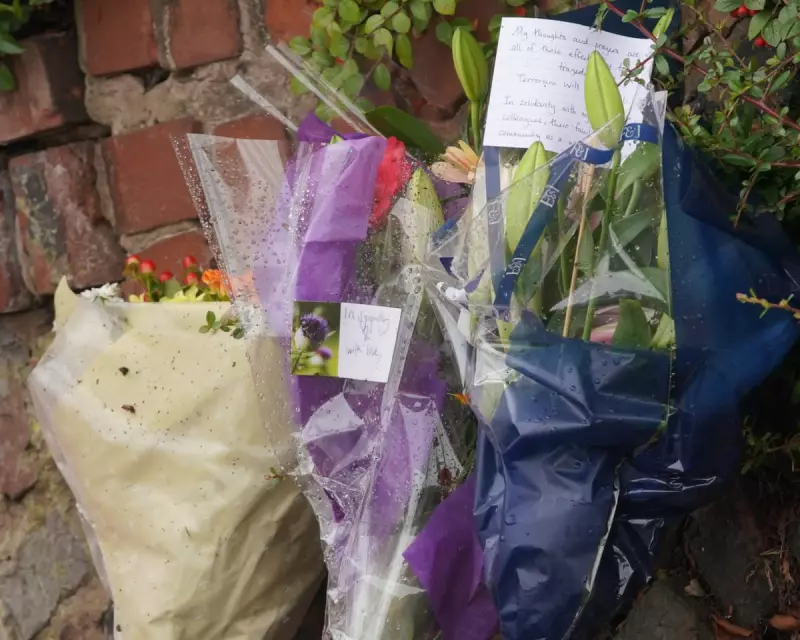
In the quiet suburban streets of Crumpsall, Manchester, a community is grappling with a betrayal that cuts deeper than any blade. The recent attack on a local synagogue wasn't carried out by a foreign extremist, but by a man who grew up playing in these same streets, attending local schools, and breathing the same Manchester air as his victims.
A Community's Trust Shattered
The assailant, whose identity remains protected, wasn't a stranger who crept into the neighbourhood under cover of darkness. He was a hometown boy - someone who should have been a protector of his community, not its attacker. This chilling reality has left residents questioning everything they thought they knew about safety, trust, and the insidious nature of modern radicalisation.
The Manchester Context
Manchester has faced its share of tragedies, from the Arena bombing to now this attack on a place of worship. Each incident scars the city's psyche, but this latest violence feels particularly personal. When the threat emerges from within, rather than from outside forces, it challenges the very foundation of community cohesion.
The attack raises disturbing questions:
- How does a young man become radicalised in plain sight?
- What warning signs might have been missed by those around him?
- How can communities protect themselves when the danger comes from within?
Beyond Security Measures
While increased police presence and security measures provide some comfort, many residents understand that true protection requires something more profound. It demands stronger community bonds, better communication channels, and resources to identify and support those at risk of radicalisation before they turn to violence.
The Crumpsall attack serves as a stark reminder that terrorism in modern Britain often wears a familiar face. As Manchester begins another painful healing process, the conversation must move beyond mere security to address the complex social and psychological factors that can turn a hometown boy into a hometown terrorist.




